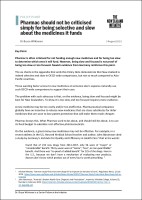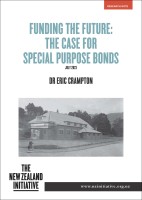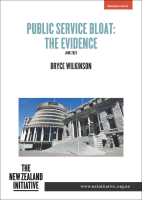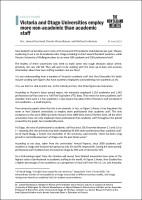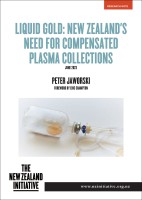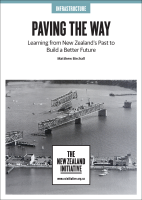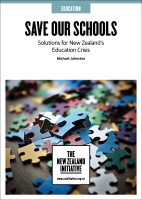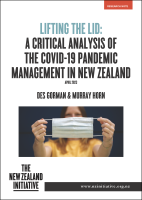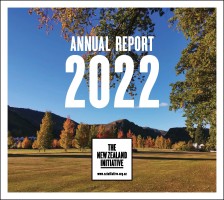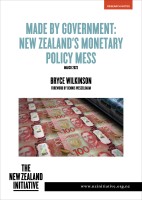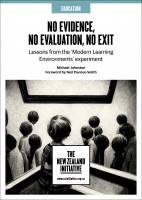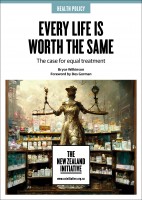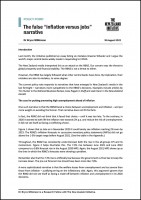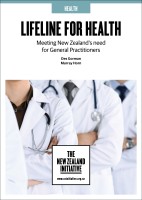
Lifeline for Health: Meeting New Zealand’s need for General Practitioners
New Zealand's general medical practitioners (GPs) are facing a crisis, with a workforce shortage set to worsen over the next decade unless immediate action is taken to support workforce expansion and development. The health of all New Zealanders and the delivery of top-tier healthcare heavily relies on community-based medical care, mainly provided by Specialist GPs and multi-disciplinary health care teams. The introduction of an "accountability-free capitation" has seemingly driven a decline in the hours GPs work by creating a financial incentive to minimize patient service costs, and analyses indicate a significant decrease in the GP to population ratio, and a decline in GP work hours. Read more




